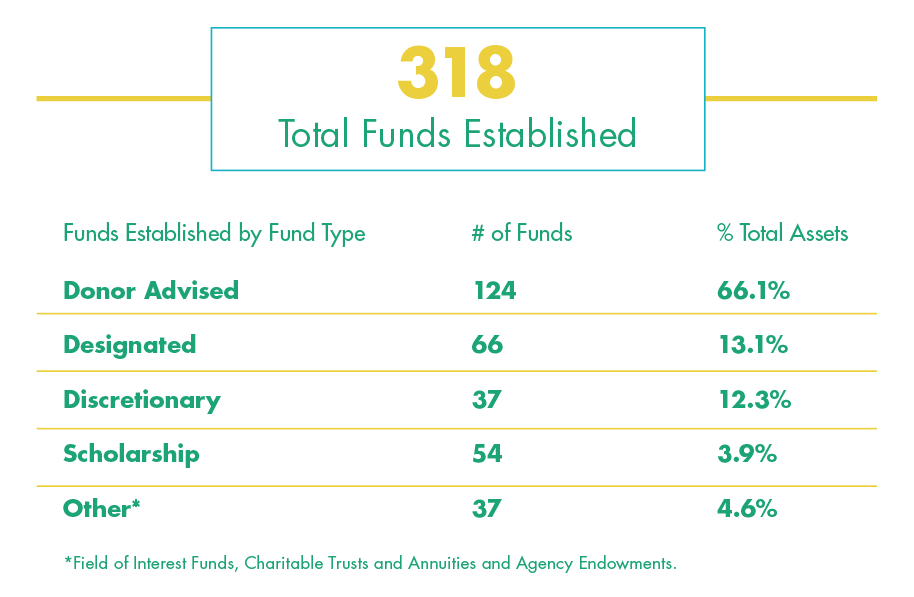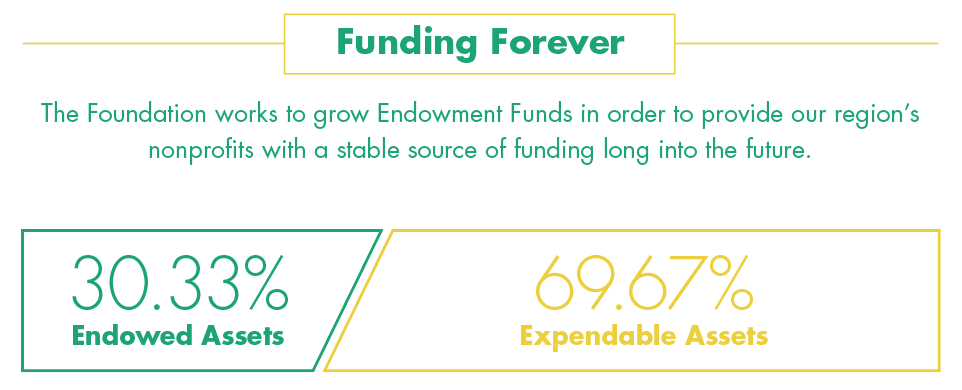



We believe there is just as much to glean from the approaches being taken. Success is impossible without asking hard questions and taking risks. Our donors and nonprofits are doing both to achieve greater impact, and it inspires us every day. The stories inside this year’s annual report share a couple examples of uncommon strategies that are transforming systems in ways that create better outcomes for everyone.
Sometimes it takes extraordinary measures like these to provide more residents with the most ordinary of life’s joys. Whether that is watching your loved ones grow, letting loose with laughter or pursuing your passions, each brings us hope for the future.
And our hope is that everyone in southwest Washington has the opportunity to realize their greatest potential. This becomes more possible each day thanks to the daring vision of our donors, the expertise of our nonprofit partners and the support of our entire community. We are honored to have the privilege of partnering with all of you in accomplishing something extraordinary.

Jennifer Rhoads, CFP®
President
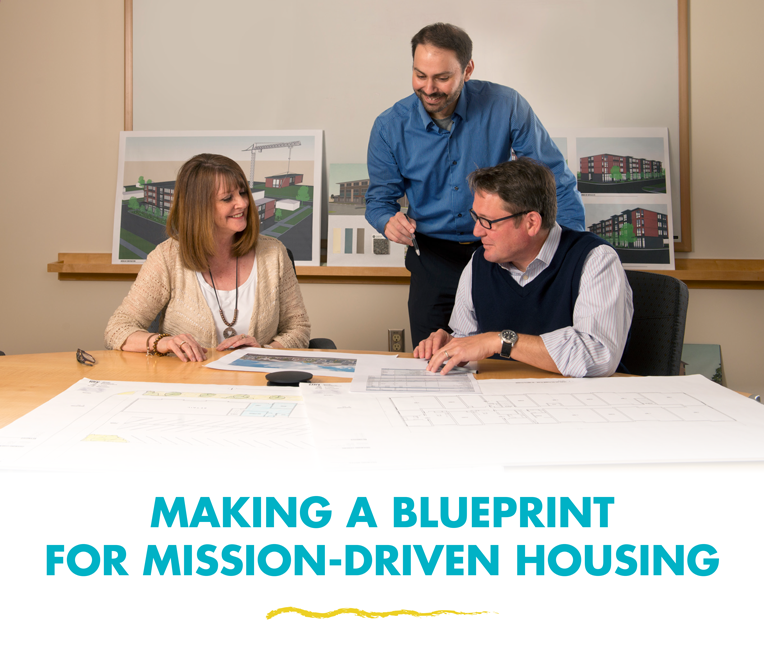
Just ask Andy Silver, Executive Director of the Council for the Homeless. Vancouver’s housing crunch has made his organization’s mission of preventing and ending homelessness more difficult. Silver and his team convene around 50 partner agencies in planning, implementation and advocacy efforts.
Up until recently, the Council focused on increasing access to rental assistance for people who are homeless. Then our region’s recent housing crunch changed everything. As rents quickly rose, more people were left out in the cold. The Council decided that ending homelessness was impossible without also addressing the escalating costs of housing.
Diving into this new realm, the Council devised a strategy to produce more affordable housing that would provide nonprofits and developers with alternative financing sources. To support this work, the Community Foundation provided a $41,000 grant from the Homes for Community Living Fund.
The result: a company called the Housing Initiative, a business entity structured in a way that can utilize private market strategies to build affordable homes more sustainably. Private financing allows developers to move more quickly and with fewer restrictions than a traditional government-funded development. As a result of being less expensive to build, property owners incur less debt and can pass savings on to tenants in the form of reduced rents.
“Our relationship with the Community Foundation has allowed us to become a catalyst. The staff went beyond writing a check and became a thought partner with us on how to better tackle housing issues.”
– Andy Silver, Executive Director, Council for the Homeless
Social impact investing is one private market tool that the Housing Initiative can utilize, which allows conscientious investors to pool funds and finance projects that reap social benefits, as well as modest financial returns. In this case, the investors would be local residents and the purpose would be to provide quality, affordable homes in Clark County.
Additionally, the Housing Initiative is ditching profit-driven models for mission-driven property ownership and management. By removing the need for profit, privately financing the projects and accepting contributions of land and other assets, mission-driven entities can better control construction and ownership costs. Working in this way, entities like the Housing Initiative will rent units at 70 percent of fair market value or below.

As for the finished homes, they provide more than just a roof overhead, because where people live is also a vital indicator of health outcomes. Addresses determine who can catch public transit, get fresh produce at grocery stores, find jobs with living wages and send their kids to good schools. Thus, an investment in housing becomes an investment in the present and future of our community.
Today, Silver and his staff are implementing these strategies in the community and are scheduled to start their first housing development in 2017. Beyond that, they hope to scale this model by offering services to other nonprofits in the community. According to Silver, expanding truly affordable housing in this way has a multiplier effect on the local economy.
“We all have fundamental needs that allow us to make our lives better,” Silver said. “Stable housing is at the core, because it establishes our place in a community and allows us to pursue our dreams.”



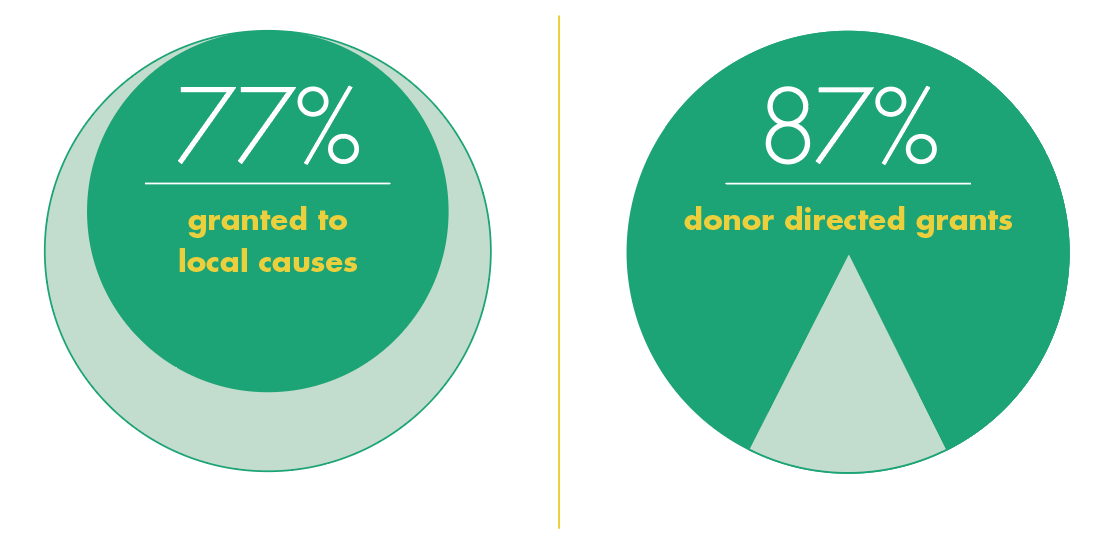
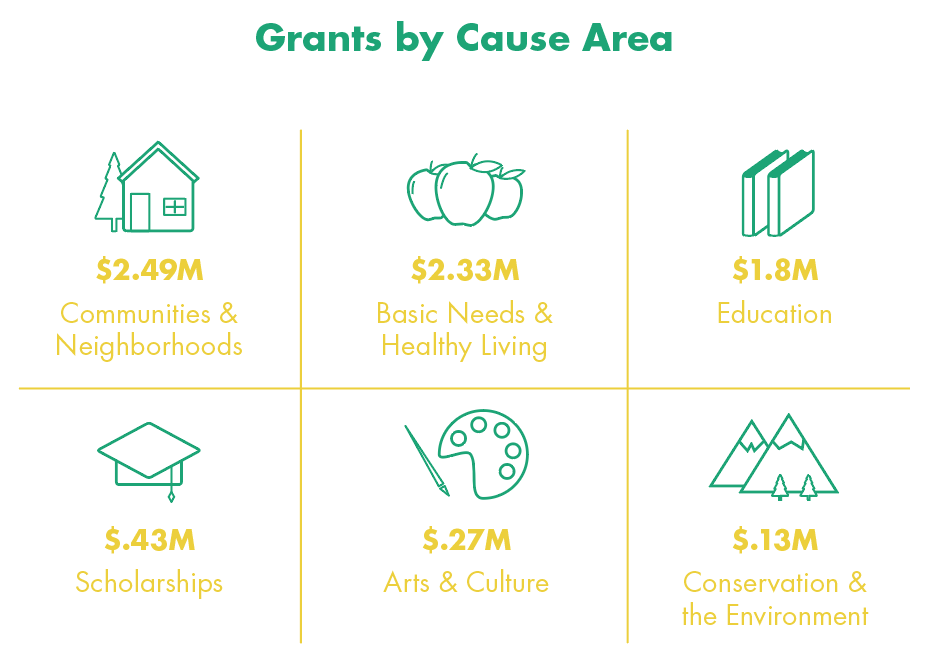

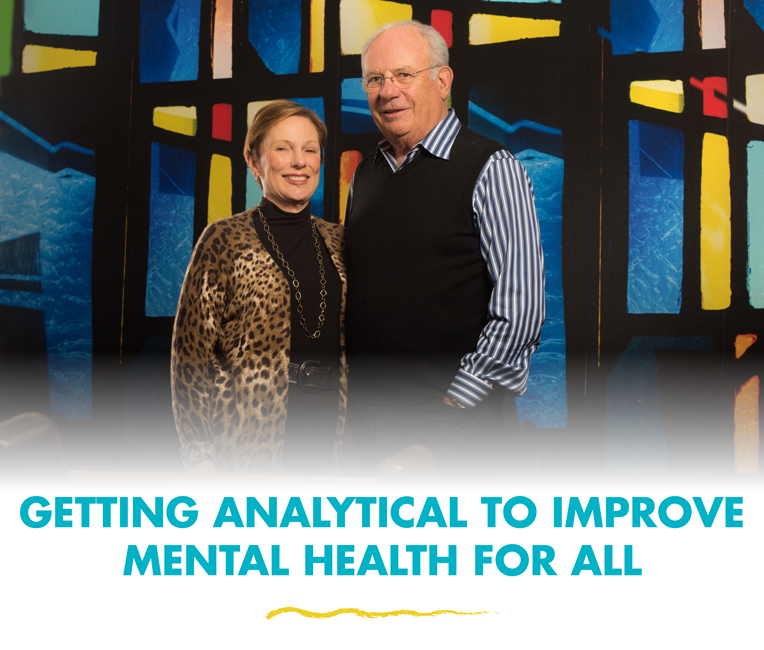
The systems that address mental or behavioral health issues are made up of correlated and overlapping care providers, but many providers. Problems arise because these providers often operate in silos that our minds and bodies have no regard for. As a result, symptoms can go overlooked or untreated and escalate into further emotional and physical turmoil.
Lee and Connie Kearney understand these relationships. Together, they’ve served more than three decades on nonprofit boards that have dealt with the impacts of mental health, including the PeaceHealth Southwest Medical Center Foundation and YWCA Clark County. They’ve also provided grants to these organizations and others, such as Daybreak Youth Services and the Free Clinic of Southwest Washington, through their Donor Advised Fund at the Community Foundation.
Behavioral health is a familiar topic of conversation inside these organizations, because our region has long struggled with high rates of depression, addiction and suicide. These are devastating circumstances for the individuals and family members who experience them. They also have prolonged effects on our community through escalating health care costs and strains on our criminal justice system.

The Kearneys are well aware of these stressors, and they felt the sector was lacking a plan to tackle this complex issue appropriately. There was no map to identify gaps in services or opportunities for collaboration. For them, it was a much needed step to strengthen local efforts.
“We felt that mental health issues would be a higher priority for individual giving if donors could see tangible solutions and the ways that their gifts could effect change,” Lee said.
With a grant from their Donor Advised Fund, the Kearneys funded a Behavioral Health Community Needs Assessment that concluded in early 2016. With local health data and in-person interviews, consultants identified unmet needs, assessed resources and prioritized solutions to our region’s mental health needs.
“Our giving is people-driven. We like to focus on serving individuals in ways that allow them to live safe and healthy lives.”
– Connie Kearney
More importantly, the findings provided a common direction for organizations to rally around. Local providers had been meeting regularly to discuss trends and issues, but they always lacked comprehensive data to guide their efforts. That all changed when the assessment identified isolated care delivery and a lack of supportive housing as the leading threats to effective mental healthcare.
With this data, providers can strengthen the case for funding and reforms in southwest Washington. For instance, it lays out the benefits of combining resources in order to achieve greater economies of scale. Going forward, the study will also be used to target state funds and formalize efforts for private funding that will help expand services and promote coordinated care.
Doing so will lead to better management of our state and local resources, while also improving mental health outcomes for all residents. It’s a vision that benefits everyone in southwest Washington, and the Kearneys hope others will join them in finding new perspectives to improve mental health care across our region.


